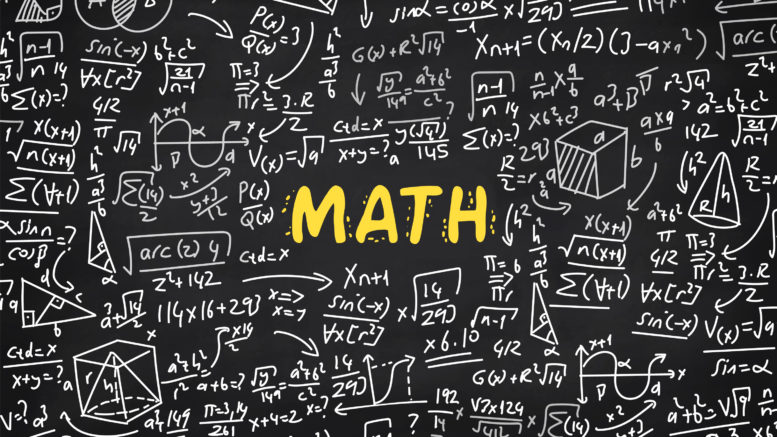The Mathematics department at SCBC aims to develop students’ capacity for logical thinking and creative problem-solving. Through extension and enrichment opportunities we help students to develop an appreciation for the elegance and power of mathematical reasoning and its application in solving real-world problems.
The Mathematics curriculum focuses on developing increasingly sophisticated and refined mathematical understanding, fluency, logical reasoning, analytical thought and problem-solving skills. These capabilities enable students to respond to familiar and unfamiliar situations by employing mathematical strategies to make informed decisions and solve problems efficiently. Students are encouraged to be engaged in autonomous learning processes, to think laterally, recognise individual and group opportunity and potential and be prepared to test options. Moreover, students are continually developed to become self-motivated and confident in their approach to learning mathematics and to work individually and collaboratively. To recognise that each person has the right to feel valued and be safe and, in this regard, understand their rights and obligations and behave responsibly are equally critical objectives.
The following extension programs are offering to students who have been identified as gifted or talented in Mathematics:
Years 7-8 (Extension) à Problem solving development program
Year 9 (Enrichment) à Cryptography
Year 10 (Acceleration) à After-school Methods/Specialist prep
Students in the Extension, Enrichment or Acceleration programs are also invited throughout the year to participate in various Mathematics competition opportunities such as Have-Sum-Fun and ICAS.
Streaming in Mathematics allows students to discover their talents and skills in mathematics at a pace suited to their individual needs. Students can move between streams as their circumstances and achievement changes but should aim to be in the stream one class by Year 10 if they intend on taking ATAR Mathematics courses.
The following serves as a general guide for the ‘typical’ recommendations given to students.
